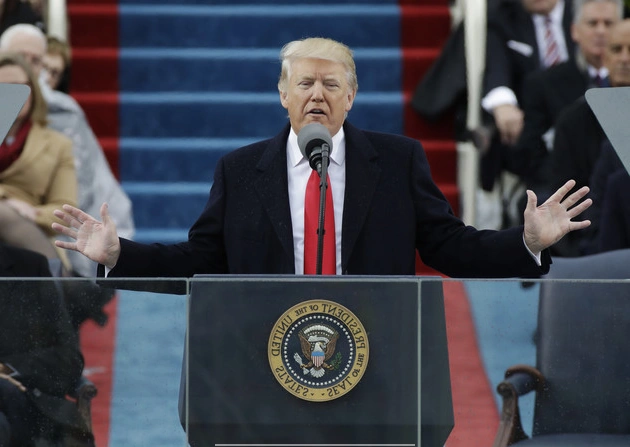
Understanding the Evolving Democratic Approach to Immigration Policies
As the political climate shifts, the Democratic Party is reevaluating its stance on immigration policies in light of an emboldened second-term Donald Trump. This shift reflects a nuanced response aimed at striking the right political chord and positioning the party strategically for future elections.
The Changing Democratic Approach
Democratic leaders, once vocal in their resistance to Trump’s immigration plans, are now adopting a more pragmatic approach. While still advocating against mass deportations, they are willing to collaborate with the administration on removing criminals from the country. This shift signifies a departure from the party’s previous strategies and a move towards a more balanced stance.
Key figures within the Democratic Party, such as Rep. Tom Suozzi, emphasize the importance of working with the incoming administration on deportation issues, particularly concerning criminals. However, challenges arise in the implementation of these policies, highlighting the complexities of immigration enforcement.
Challenges and Responses
Democratic leaders face the challenge of determining their red lines and how to effectively confront Trump on immigration issues. This dilemma often plays out at the state and local levels, where governors and attorneys general must decide when to cooperate with federal policies and when to push back against potential overreach.
The varying responses among sanctuary-city mayors underscore the diversity of opinions within the Democratic Party. While some cities strengthen their sanctuary laws, others refrain from emphasizing their sanctuary status, reflecting the ongoing debate within the party.
Political Dynamics and Narratives
Both parties have intensified their rhetoric around immigration, framing it as a critical national security issue. Democrats aim to debunk misconceptions surrounding sanctuary cities and highlight their focus on public safety priorities. The political landscape is further complicated by the collision of global immigration crises and partisan narratives.
President Joe Biden’s attempts to reform the immigration system faced challenges from a surge in migration and opposition from the GOP. Despite efforts to find bipartisan solutions, political divisions persist, leading to a stalemate on key immigration issues.
Future Strategies and Messaging
Looking ahead, Democrats plan to focus on common-sense solutions to border security while critiquing Trump’s policies, particularly in areas like family separation. By emphasizing the plight of certain immigrant groups, such as Dreamers and DACA recipients, Democrats aim to shape a pragmatic vision for immigration reform.
Beatriz Lopez of the Immigration Hub underscores the importance of conveying a coherent message backed by tangible actions. Democrats seek to position themselves as advocates for comprehensive immigration reform without compromising on their core values.















